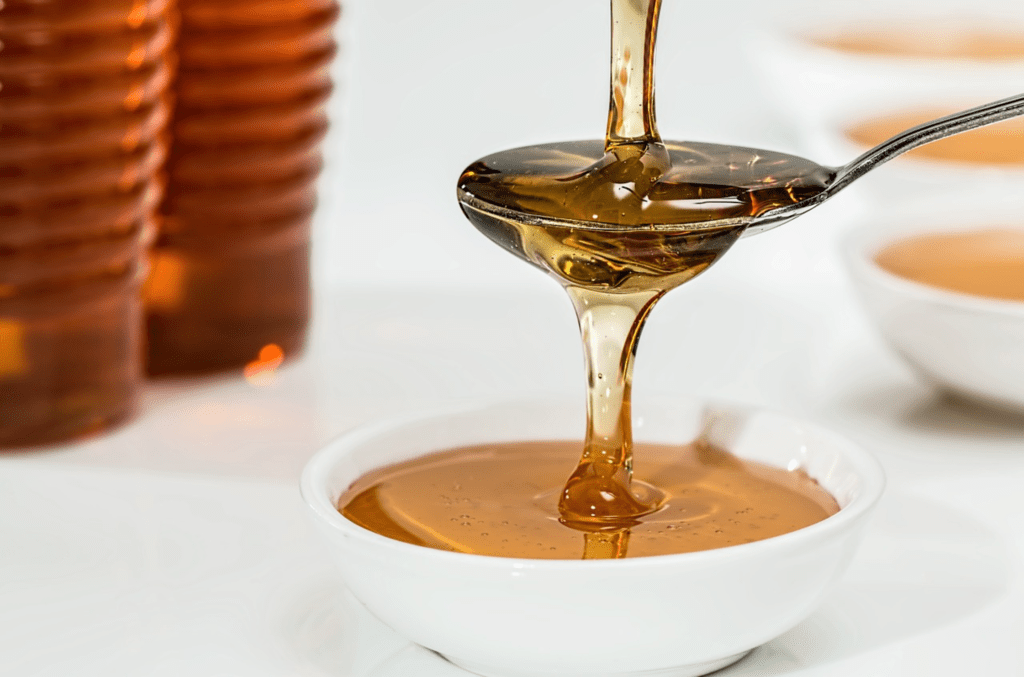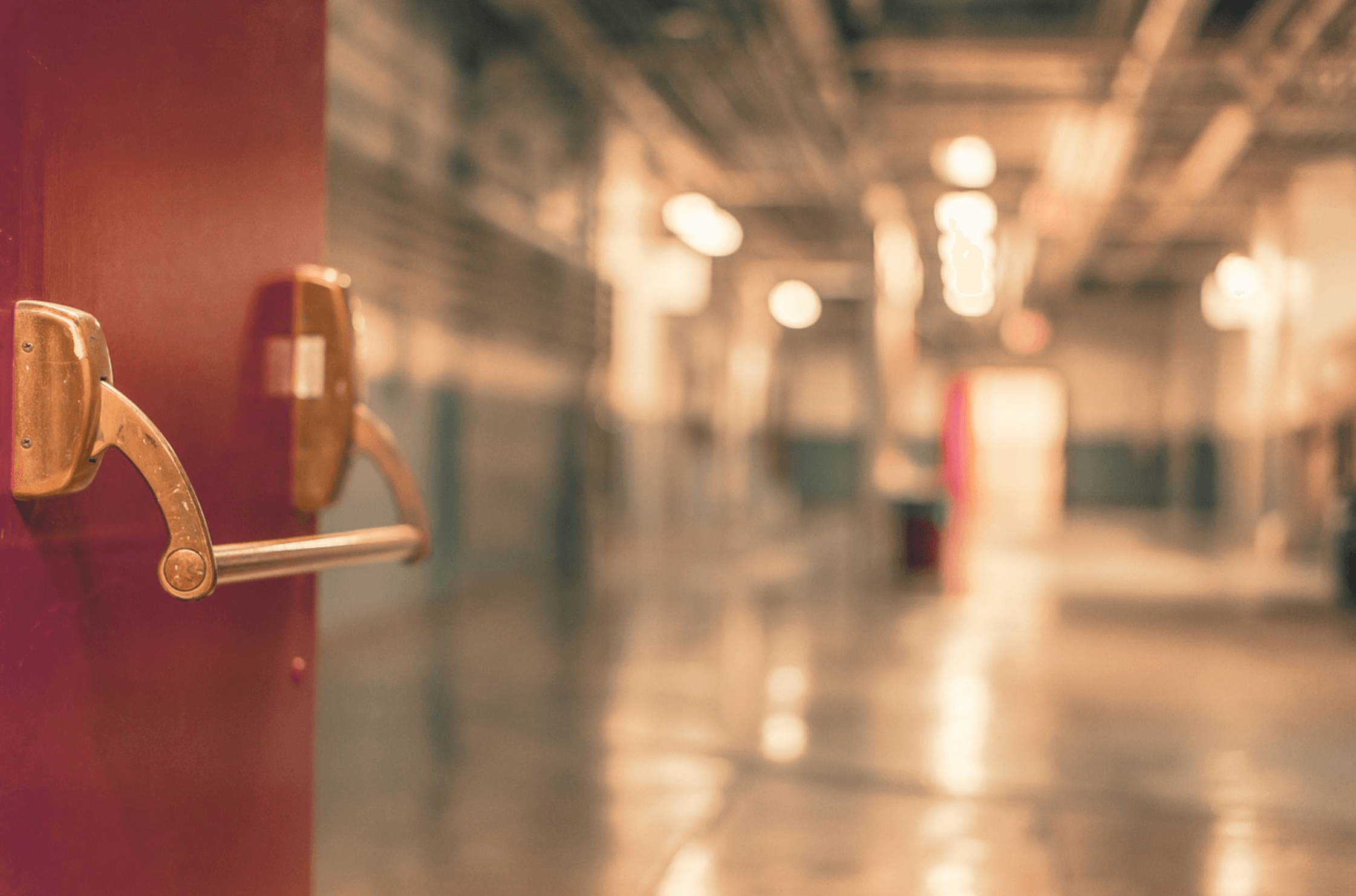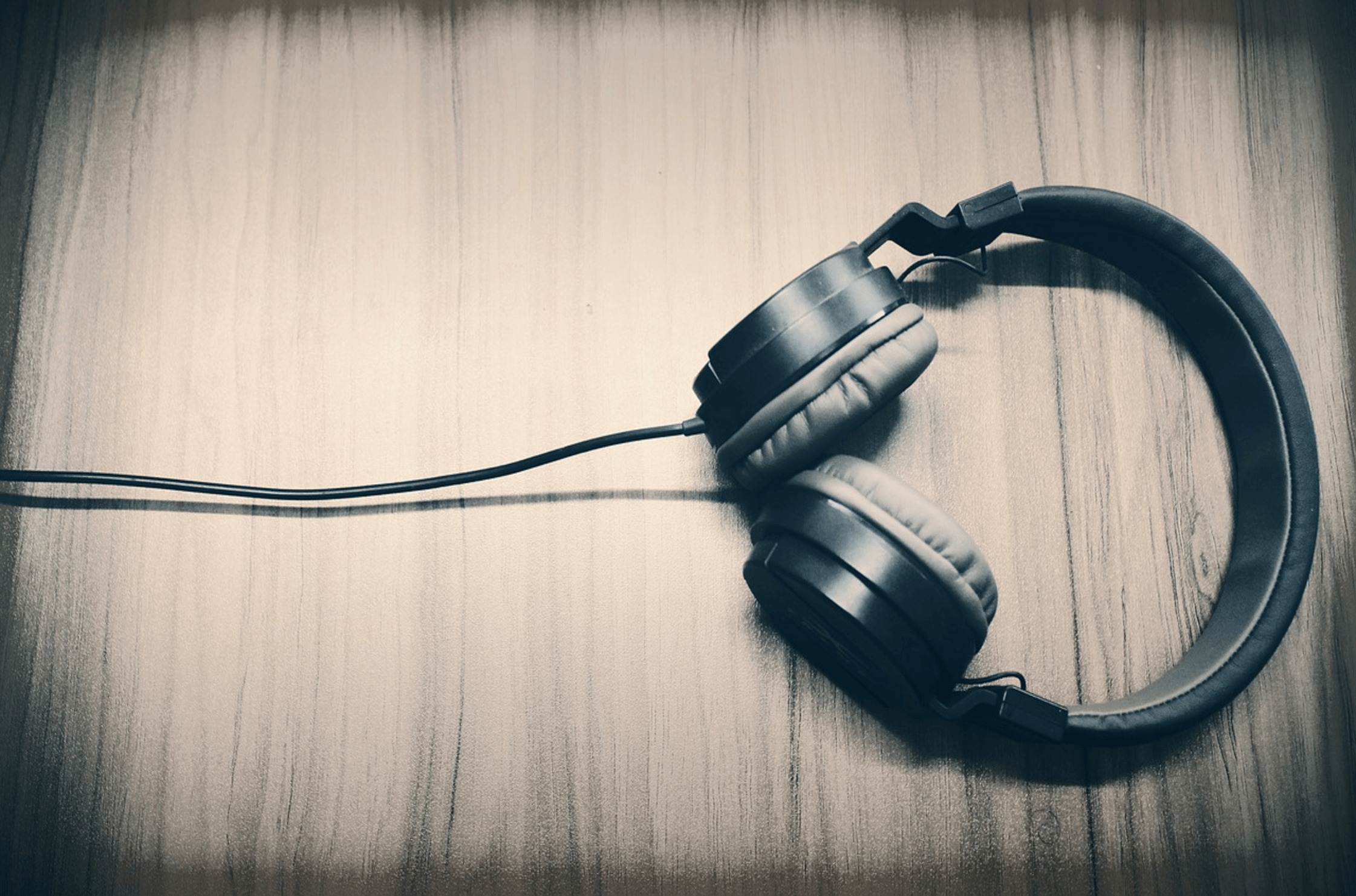The 3 Requirements
There are many actions and incantations associated with Ruqyah which are not valid and contradict the teachings of the Sharī’ah.
Ibn Ḥajar (raḥimahullāh) outlined three principles for Ruqyah, which must be adhered to in order for Ruqyah to be valid. They are:
- The Ruqyah must be with Allah’s words or His Names and Attributes.
- The Ruqyah should be in Arabic or of an understandable meaning (You shouldn’t write or say something which is illegible or obscure).
- You should believe that they do not have an effect in of themselves, but rather the effect of the Ruqyah only occurs by the will of Allah. (Fatḥ al-Bārī)
Conditions for Ruqyah to be successful
-
1. Intention
Ruqyah is a du‘ā’. The intention should always be to ask Allah to remove the evil or harm through the words of the Qur’ān.
2. Conviction (yaqīn)
One should recite loudly and clearly, with firm conviction (yaqīn), belief and trust in Allah, who alone gives cure.
3. Patience & Consistency
Like any treatment, consistency is key. Daily recitation, du‘ā’ and other treatments must be maintained for positive results.
Before Ruqyah
- Make wuḍū, offer two rak‘ahs and make sincere du‘ā’. Du‘ā’, especially in tahajjud, brings great reprieve and assistance from Allah (subḥānahū wa taʿālā).
- Make abundant and sincere istighfār (seeking forgiveness from Allah (subḥānahū wa taʿālā)), and stay away from sins. Restore people’s rights if you have wronged them or taken anything unjustly.
- Give Ṣadaqah as it wards off calamity (Bayhaqī). The Messenger of Allah ﷺ said: “Treat your sick by giving Ṣadaqah.” (Bayhaqī)
- Remove animate pictures from the home. Any amulets (ta‘wīdh) which contain illegible text or invokes upon other than Allah should also be taken out and disposed of in a river.
- Remain in a state of wuḍū through the day and also sleep with wuḍū.
During Ruqyah
Click here to download the text of the Arabic Ruqyah
- – Recite the ruqyah loudly, clearly and with concentration at least 3 or 7 times.
- Recite directly into your hands, blowing into them and rubbing them over the body. You may also recite whilst placing your hands over the part of the body that is in pain.
- You may recite and blow on water. Keep your mouth close to the water, breathe into it and repeatedly blow over it. This can be used for drinking and bathing (see p.15). Olive oil and other Sunnah medicines can also be recited upon and applied to the body. .
- When reciting on others, place your hand on the forehead of the affected person (maḥram or spouse only), or on the part of the body in pain, then recite and blow.
- If one cannot recite, then Ruqyah can be listened to. (Examples of Ruqyah can be found here and here.) This should be done with full concentration. One should listen carefully and ensure that they do not fall asleep.
Why Blow with Your Saliva?
Ruqyah comes from the heart and mouth of the reciter, so if it is accompanied with some of his saliva and breath, that will maximise the strength and effectiveness of the remedy. The stronger the heart of the person is, the stronger the ruqyah he recites becomes.
Combining both ruqyah (from the heart and mouth) and spitting with one’s saliva (aspects of the inner self) form a powerful antidote to the evil of the magicians and devils.
There is another secret behind blowing when performing ruqyah: blowing is done by both pure and evil souls, as Allah said: “And from the evil of the blowers in knots.” (113:4)
Those who do magic tie knots and blow onto them words of magic, mixing them with their saliva which work on the victims even in their absence. However, the pure souls counter this by blowing with the powerful words of the Almighty. (Adapted from Zād al-Ma‘ād)
‘If one’s faith, soul, and spirit are strong, and if he internalises the meaning and essence of Sūrah al-Fātiḥah, recites it and then blows on the affected person followed by his spittle, this will counter the effects incurred by evil beings. And Allah knows best.’ (Ibn al-Qayyim, Zād al-Ma‘ād)
Blowing in Water
One may pray and blow into water as a form of remedy. In the authentic narration of Muṣannaf ibn Abī Shaybah, ‘Ā’ishah (raḍiy Allāhu ‘anhā) permitted that water can be prayed on and then given to the sick to drink or to be poured over them.
Ṣāliḥ (raḥimahullāh), the son of Imām Aḥmad (raḥimahullāh), said: “Whenever I became ill, my father would take a cup of water and recite over it, then tell me to drink some of it and wash my hands and face in it.” (Manāqib al-Imām Aḥmad)






